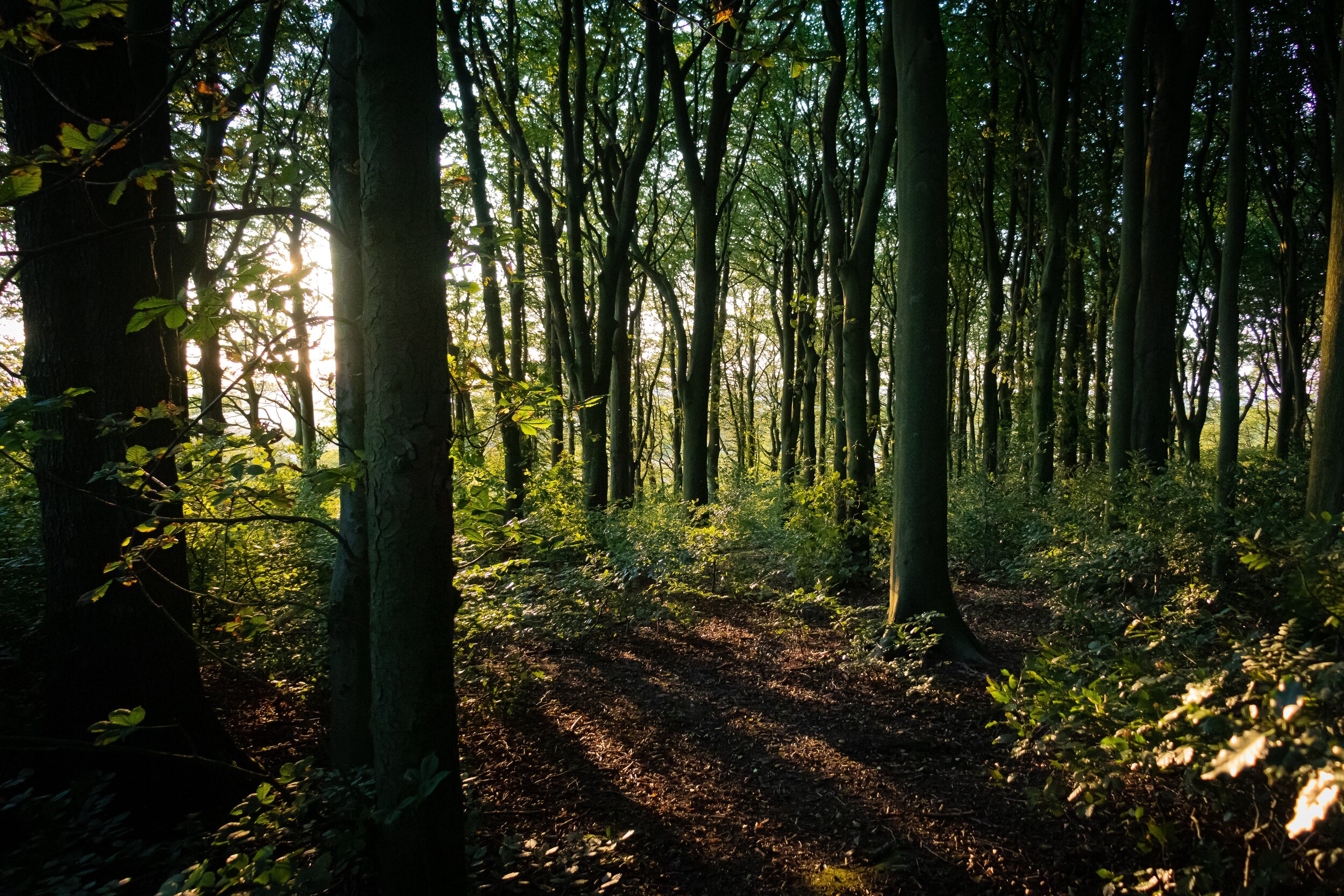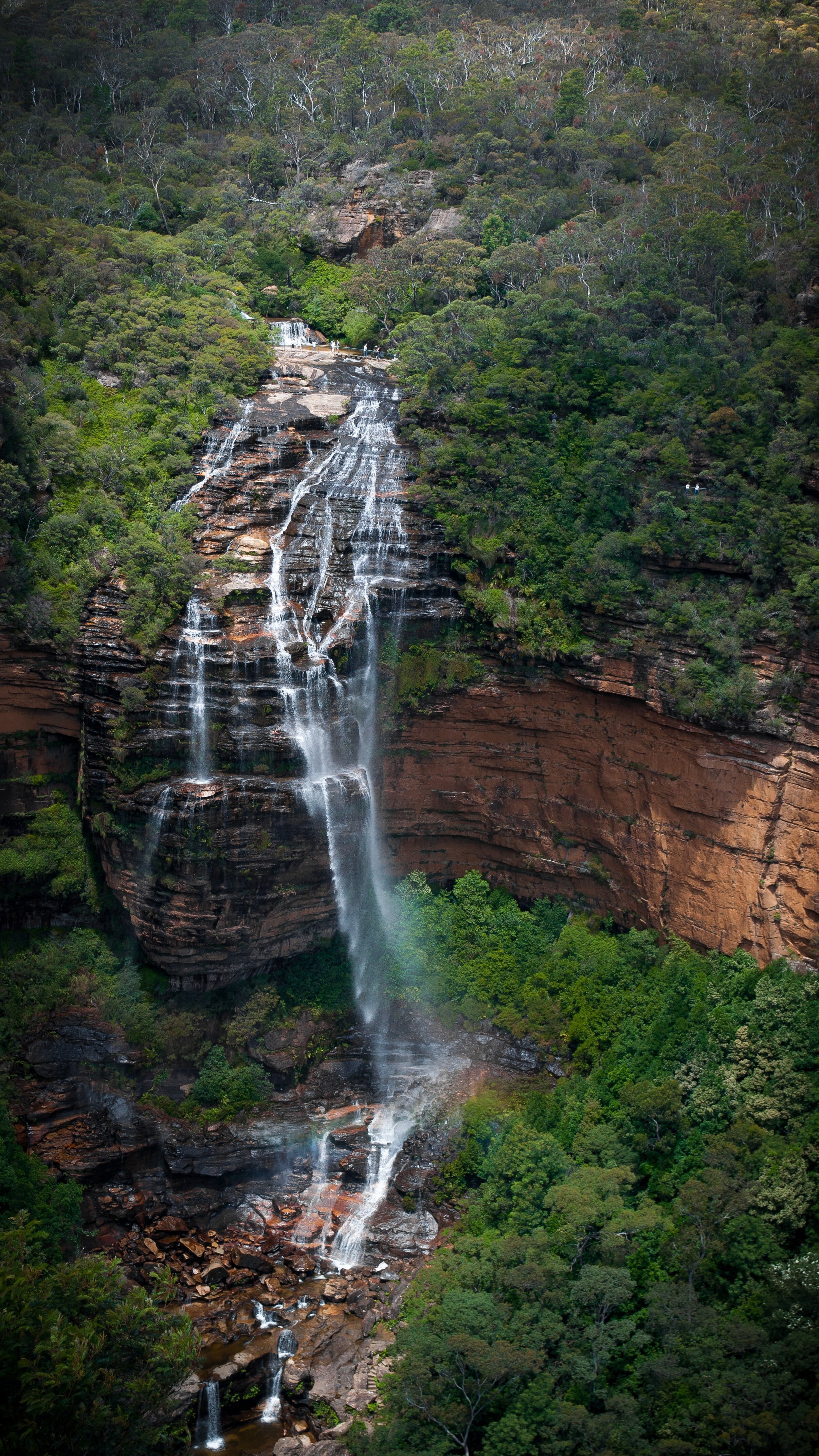Let's Get Offtrack.
Interview by Ryan Cheng
We sat down with Marcus Tyrrell, cofounder of Offtrack, an outdoor retailer set on empowering people to get out and about.
Quick trends and rapid production. That’s what has come to define our culture of consumption; from clothes to content - we want it now.
Why now?
Because it might not be relevant later.
But Offtrack is part of a wave of brands that are looking to turn the tide. From an empowered community to their sustainable 2nd Life Project, the outdoor retailer is saying enough, to our culture of waste and want.
For those that don't already know, introduce Offtrack.
Offtrack is an outdoor equipment retailer that started 7 years ago. We focus primarily on the outdoor recreation industry servicing institutions, companies, staff, leaders and students.
It is actually as students where Mitchell and myself – now Directors of the company – really built our passions for the outdoors. We met at university whilst studying to become Outdoor Education Teachers.
This coupled with years of guiding has allowed us to focus on the industry with a little more understanding of how it operates.
Today, Offtrack supplies all the most popular general outdoor equipment to the general public at competitive prices.
Your passion for the great outdoors underpins Offtrack's work, tell us a bit about how this passion developed?
Our passion for the great outdoors is heavily influenced by our families. Growing up, we would go camping, skiing, snowboarding, hiking, mountain bike riding and sailing.
When Mitchell and I met, we were able to turn our experiences into casual work; freelancing and running activities for schools and companies before choosing to further develop these skills at university.
This is where Offtrack was born.
We saw a need in the market which gave us an opportunity to remain connected with the industry rather than jumping straight into the classroom.
The rest, as they say, is history.
How important was it to build an engaged community around your passion for Offtrack? What has been the power of developing a like minded community?
Having a community around Offtrack has been vital. The positive feedback about the company, brand, project and service means that organically we become stronger each year.
Our community also gives us an opportunity to listen. We can gain the thoughts, insights and suggestions from our customers, audience and broader community and actually implement them which also helps us improve and grow.
In fact, our 2nd Life Project is what it is today as a result of feedback and ideation from our community. This has helped us continually develop it into a meaningful and valuable initiative.
"Growing up, we would go camping, skiing, snowboarding, hiking, mountain bike riding and sailing."
"If it's no longer fit-for-purpose, but still usable, we will try and rehome the item."
The 2nd life project is a great initiative that promotes a culture of sustainability within the industry; why was this an important initiative for the brand to bring to life?
The 2nd Life Project is intrinsic to the brand and the work we do.
As an equipment supplier, we felt like we were enabling the trend of disposability in the modern age. So we opened dialogue with our community and clients, discussing opportunities to minimise our carbon footprint.
Through the 2nd Life Project, we try to repair and repurpose previously used outdoor gear. We do our best to retain its useability and get it straight back out there to those who need it most: in the hands of students and schools that don't have the financial backing to make outdoor education a possibility.
If it's no longer fit-for-purpose, but still usable, we will try and rehome the item. Working with many different organisations that support people sleeping rough and others in need, Offtrack donates waterproof layers, insulation and comfort.
And if neither of those options are possible, we're tasked with the challenge of recycling it in the best way possible. This may involve finding an alternative use for the item or even cutting out the fabrics or components to be then turned into something new minimising what ends up in landfill.
Beyond waste, the 2nd life project is also about providing access and opportunity to the outdoors to those that might otherwise miss out - why is this important? What benefits (for the person) might come from this?
Not only does the 2nd Life Project promote a sustainable choice when turning over or disposing of outdoor equipment; repurposing equipment gives others the opportunity to get outdoors when they otherwise wouldn't have the chance.
Adventure therapy is just one avenue in which recycled gear can help others. It gives people the chance to have the equipment they need to head out into the great outdoors, giving them the chance to forge a relationship with nature.
This is what underpins all of our decisions to make greener choices.
We especially value lending or donating gear to students experiencing hardship at a school level. This can provide families with the opportunity to send their children out on camps where otherwise they could not afford to.
By allowing children the chance to engage with nature in comfortable and appropriate equipment, they are more likely to have a positive experience with the outdoors in their more formative years.
As people continue to demand more from their brands, what would you say to brands that continue to resist the call to be better and more transparent?
I would implore all companies and brands to move in the right direction with sustainability. But most importantly, to do it for the right reasons.
When a company just greenwashes and reacts with little to no genuine intentions, it can actually be harmful to the greater cause. As soon as people find out that their intentions are not genuine then it tarnishes the reputation of the brand and causes people to lose trust.
Be genuine.
Allow consumers to navigate their own philosophy of what it means to be sustainable.
In turn, I would also challenge consumers to consider what a green company / brand should be doing.
Consider what brands should be doing to minimize their environmental impact; and if your brands live up to those expectations.






